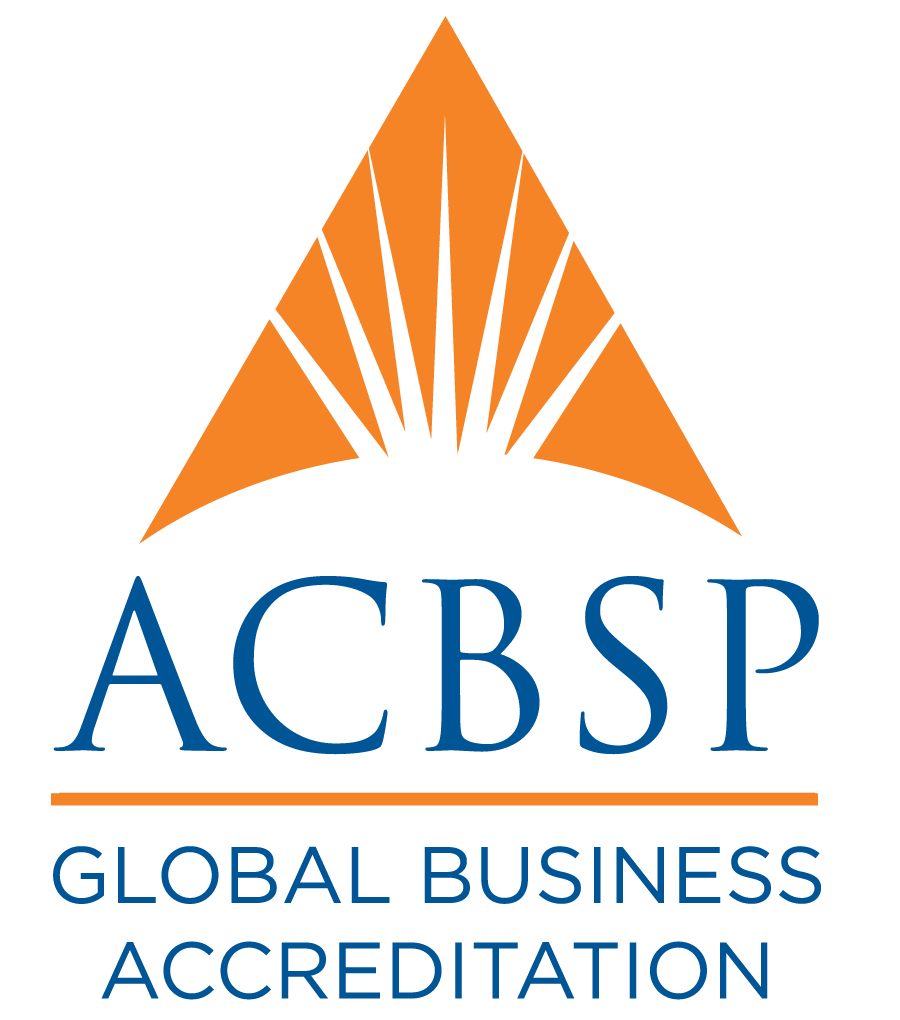
Keeley Galley
Assistant Direct for Enrollment Management
Baker Online
Earn a Master of Business Administration Online
Get the credentials you need to expand your career options, be considered for career advancement, increase your salary, and boost business confidence—it’s all possible with an online MBA from Baker University.
Our Master of Business Administration helps you build specialized business and leadership skills that traditional organizations and emerging industries want from high-level managers and directors.
You’ll strengthen data analysis and quantitative abilities as you sharpen written and oral communication. The result? Superior leadership capabilities and organizational effectiveness to help businesses achieve aggressive goals.

Choose from eight MBA concentration areas to gain a competitive edge in the field that interests you most:
- Data analytics
- Finance
- Health care administration
- Human resource management
- Strategic management
- Supply chain management and logistics
- Transformational studies
- Venture and innovation development
Our focus on practical application helps you rebrand yourself in today’s competitive job market as you emerge as a more relevant, valuable leader.
At Baker, you earn your Master of Business Administration online. Study from anywhere as you prepare for director- and executive-level roles to help traditional organizations and emerging fields meet the demands of an ever-changing marketplace.
Program Highlights: Master of Business Administration Online
When you compare your options for earning a Master of Business Administration, Baker University stands out to employers and recruiters. Our graduates tell us they appreciate these benefits the most:
Learn from business authorities. Our experienced online MBA faculty are unrivaled. They’re more than academic educators and discussion leaders—they’re well-known specialists and experts in corporate and local industries.
Focus on real projects. Instead of completing a thesis as part of your graduate program, you spend time working on special, real-world projects you can relate to and apply in your professional life.
It’s all about you. We model our online MBA based on your goals, schedule, and career path. We give you tools to make it far beyond the finish line.
You pick your start date. Because courses are held online and year-round, traditional start dates don’t apply here. You can start earning your degree whenever it works best for you.
A built-in network. The Baker University Alumni Association gives you a unique way to explore new job opportunities, connect with business leaders, and even explore mentor-mentee opportunities.
Jobs for an MBA Grad: What can you do with an online MBA?
Not all MBA degrees are created equal. Earning Baker’s Master of Business Administration online opens doors to new careers, job titles, and industries—and even the option of entrepreneurship.
The skills you build can easily transfer to several different roles and types of businesses. That’s why jobs for an MBA graduate from Baker are plentiful.
Your newfound expertise with a Master of Business Administration online will create these opportunities:
- Shape, sustain, lead, inspire, and expand teams.
- Form strategic business plans.
- Implement change in positive ways.
- Consult with other executives on business decision-making.
- Creatively solve problems that affect staff, sales, and customers.
- Cultivate business foresight.
- Manage and oversee operations.
Possible Jobs for an MBA Graduate
More and more organizations expect their incoming leaders to have an MBA degree. Our Master of Business Administration can take you from the classroom to the boardroom. Possible jobs for an MBA can include the following:
- Business development director
- Business intelligence analyst
- Business operations director
- Chief executive officer
- Chief financial officer
- Financial director
- Human resources director
- Management consultant
- Marketing director
- Product manager
- Senior project manager
Financial Aid to Earn Your Master of Business Administration Online
Baker University is highly ranked for best online programs, including our MBA degree. We offer the highest ROI in Kansas and the highest average salary among graduates of universities in Kansas. The online MBA program is also approved for federal financial loans.

Baker Is Military Friendly
Military Advanced Education named Baker University one of America’s Top Military-Friendly Colleges and Universities. Veterans and active-duty service members and their spouses may qualify for tuition discounts.

Meet Our Students
“I loved Baker University. I had such a great experience with all of the staff and all of the professors. The classes were perfect for me, as I am a full-time working mom. The classes I took are relevant to my career field on a daily basis. I genuinely think I am set up for success in any direction I choose to go.”
—Polen | Master of Business Administration, ’21
Related Programs at Baker University
In addition to offering an MBA degree, Baker University offers these business-related graduate programs:
Master of Arts in Organizational Leadership: Focus on developing leadership skills like critical thinking, negotiation, and problem-solving. Learn about the difference between an MBA and an MAOL.
Master of Science in Sport Management: Develop skills in facility planning, event management, sports marketing, sports law, and more.




